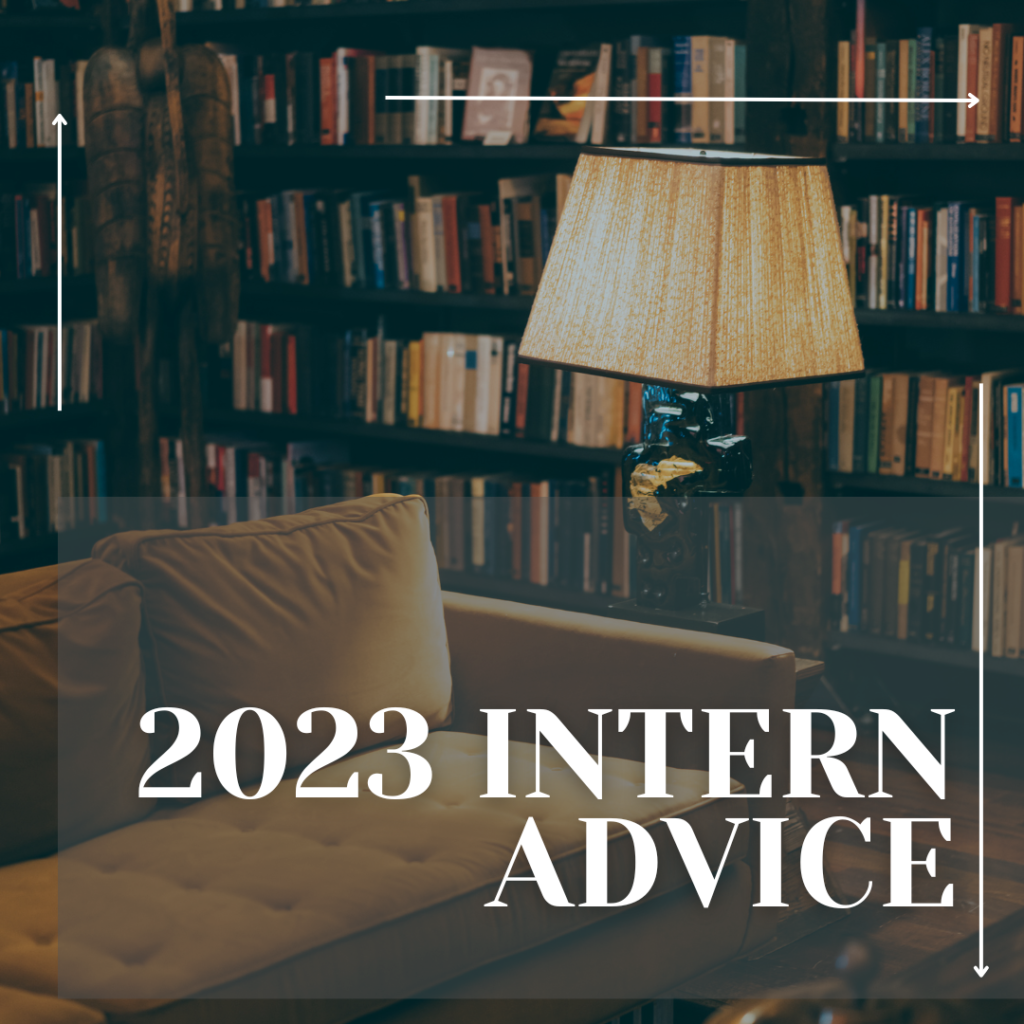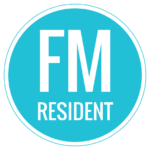
Hello family medicine interns. It’s almost June, and July 1st will be here before you know it. You’re about to start residency in the GREATEST SPECIALTY ON EARTH. We are generalists who work in every aspect of medicine, see everyone from “birth to earth” and provide care to entire families. We’re totally amazing. Welcome to the family, y’all.
Now, I know it’s a nerve-wracking time. You have a lot of questions, I have some tips. You’re gonna be great!
- Don’t study. You can’t possibly study enough in the next four weeks to be “prepared” for intern year. And you’ll have an orientation and senior residents and attendings keeping you and your patients safe. So get your new home setup, figure out where the grocery store is, enjoy a few books.*
- My playlist has changed, but is still fired up. It includes Lizzo, Makeba, Latto, songs from Encanto, Janelle Monae, Elvis and some truly random songs from the credits of shows I just enjoy. Make your playlist for the drive/bike/walk to work to give you energy, joy, LIFE!
- Learn how to ask questions to get attendings to give you BETTER answers: https://www.fmresident.com/2020/04/03/how-to-ask-questions/
- Learn how to call a consult – https://www.fmresident.com/2019/06/01/how-to-call-a-consult/
- I stand by all my tips from 2020, so check it out https://www.fmresident.com/2020/06/27/2020-tipsfornewdocs/
Phone Apps
Books
DON’T BUY ANY BOOKS YET. Lots of programs give you some during orientation. Wait until after orientation to spend money y’all. Then you can look here – https://www.fmresident.com/books-for-family-medicine/
Finances
- If you can put anything into your 401k, do it. If you can’t, it’s fine. I couldn’t until I was an attending, then worked with a financial advisor to figure out a plan that let’s me pay a reasonable amount on loans, enjoy my day to day life, and eventually replace my car (soon!) and buy a house. I had a good experience with Student Loan Planner services (https://www.studentloanplanner.com/ ).
- Tyler Olson on Twitter has been giving out free advice for students/residents for awhile, and reasonably priced advice for attendings (https://www.adviceresidency.com/ and https://www.olsonconsultingmi.com/ ).
- If you can afford to get disability insurance while you’re younger, consider it. I got it after residency, via a company run by an OBGYN who became disabled, Pearson-Ravitz. They provide true Own Occupation disability. It’s expensive, but given PASC/long COVID/fast COVID/etc it’s worth considering. https://pearsonravitz.com/about/
- Skip the “finance blogs” written by docs who don’t match your experience or needs – if it’s a person who didn’t have massive medical school debt because they’re education was funded by rich family or the military, never had to help support their extended family and thinks it doesn’t matter where you live, their advice may be worth nothing to you.
(Disclaimer: Sadly, I get no bonus or commission from sharing this finance info, but they helped me, and they may help you!)
Even More Stuff/Resources
- TEACH CARDS I really love these cards, created in 2013. If you won’t listen to me and insist on studying, this is a smart way to do it. But is also great for inpatient teaching if you’re told to prepare a pearl by your attending. https://www.fammed.wisc.edu/teachcards/
- ACGME competencies are what determines your success in residency. You do not need to memorize, you’ll be hearing about them a lot, from your program director and attendings. But here’s the link for you to bookmark for your evaluations in like 6 months: https://www.acgme.org/specialties/family-medicine/program-requirements-and-faqs-and-applications/
- If you find yourself struggling AFTER starting intern year this may be helpful, BUT DON’T BUY IT NOW. Several programs provide this, or something like it, to you for FREE! https://resident360.nejm.org/rotation-prep
- IN TRAINING EXAM? Start studying 4-8 weeks before the ITE, by using old ITE’s to do practice questions. Your senior residents will share them all with you later in summer. Even if they tell you not to study, do it, because if you score really badly you’ll lose time to required remediation. Yuck.
For PGY2…
Family medicine isn’t about fellowships or CAQs, but you may want to learn about them. Knowing what brings you joy in practice can help you focus your job search as a PGY3. My current practice has a wonderful mix of traditional primary care, reproductive health, transgender care, complex medical care (in geriatrics and younger), with a slowly building pediatrics and teen component.
https://www.aafp.org/students-residents/residents/transition-into-practice/find-fellowships.html
